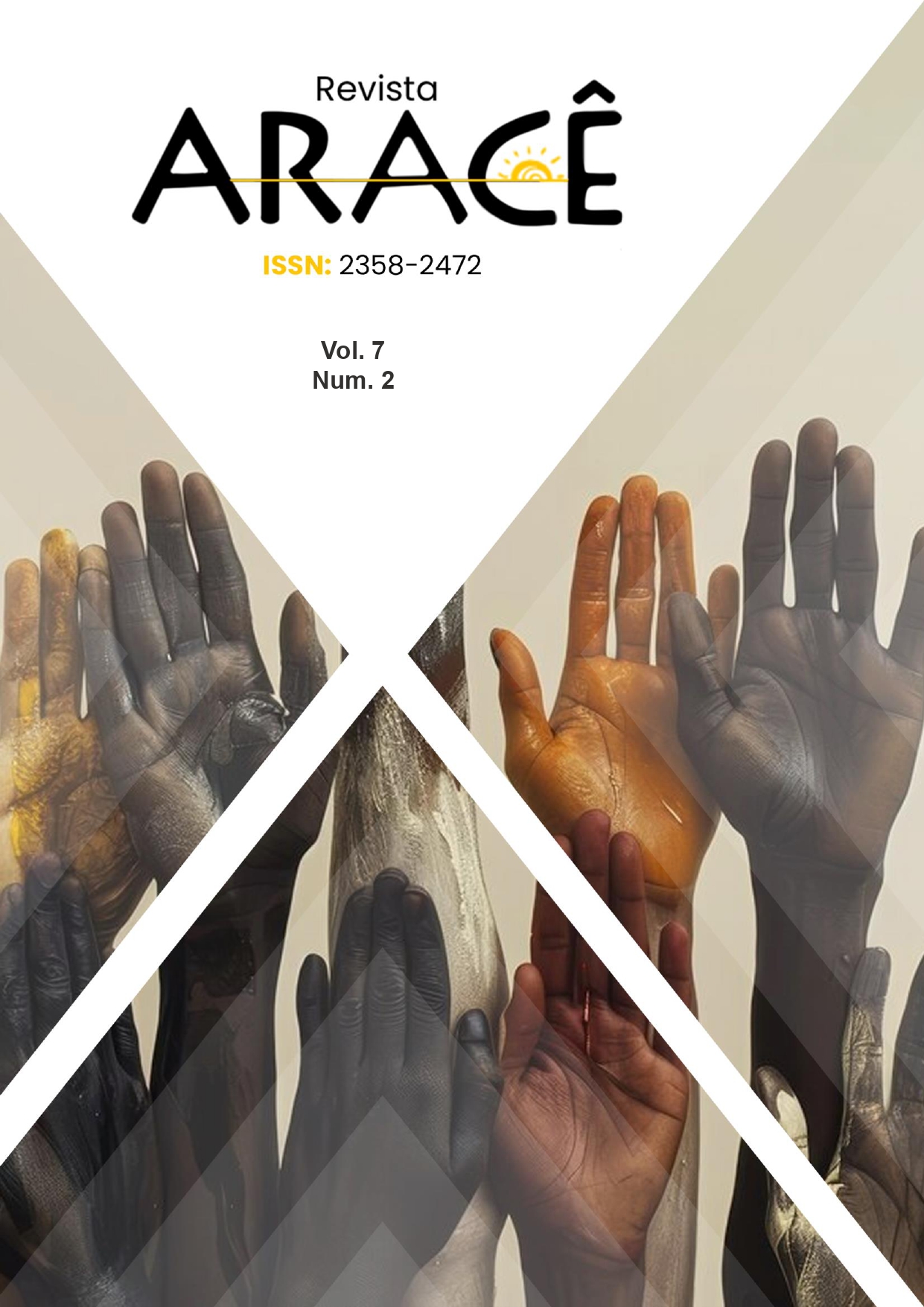EDUCAÇÃO INCLUSIVA E DIREITO – POLÍTICAS PÚBLICAS COMO RESPONSABILIDADE DO ESTADO PARA ESTUDANTES COM TRANSTORNO DO ESPECTRO AUTISTA
DOI:
https://doi.org/10.56238/arev7n2-278Palavras-chave:
Educação Inclusiva, Políticas Públicas, Transtorno do Espectro Autista, Direito à EducaçãoResumo
Esta pesquisa analisa a educação inclusiva como um direito fundamental dos estudantes com Transtorno do Espectro Autista (TEA) e a responsabilidade do Estado na formulação, implementação e fiscalização das políticas públicas que garantam acesso, permanência e aprendizagem de qualidade. A pesquisa discute o arcabouço legal que sustenta a inclusão educacional no Brasil, os desafios enfrentados pelas instituições de ensino e as práticas necessárias para assegurar a consolidação dos direitos da pessoa com TEA. Desse modo, indagamos: Diante das normativas nacionais e internacionais que asseguram o direito à educação inclusiva, de que maneira o Estado brasileiro tem implementado políticas públicas eficazes para garantir o acesso, a permanência e a aprendizagem dos estudantes com Transtorno do Espectro Autista (TEA) no sistema educacional? Teoricamente, utilizamos os repertórios de Camurça (2022), Barbosa (2023), Desidério (2024), Guilherme (2019), Gomes (2019), Werneck (1997), Sassaki (1997), Capellini, et. al. (2010), entre outros e normativas como Lei Brasileira de Inclusão da Pessoa com Deficiência (Lei nº 13.146/2015) e a Política Nacional de Educação Especial na Perspectiva da Educação Inclusiva (2008). As políticas públicas voltadas para a inclusão educacional dos estudantes com TEA têm avançado juridicamente, mas ainda enfrentam desafios na implementação, devido à falta de infraestrutura, formação insuficiente de professores e ausência de suporte adequado. O Estado tem responsabilidade direta na garantia do acesso e permanência desses estudantes, exigindo investimentos contínuos para consolidar uma educação verdadeiramente inclusiva. A colaboração entre escola, família e profissionais especializados é essencial para promover uma aprendizagem significativa e adaptada às necessidades dos alunos com TEA. No entanto, a inclusão escolar não deve ser apenas um princípio normativo, mas uma prática efetiva que assegure e consolide a valorização da diversidade. Assim, garantir um ambiente educacional acessível e acolhedor é fundamental para a construção de uma sociedade mais inclusiva.





